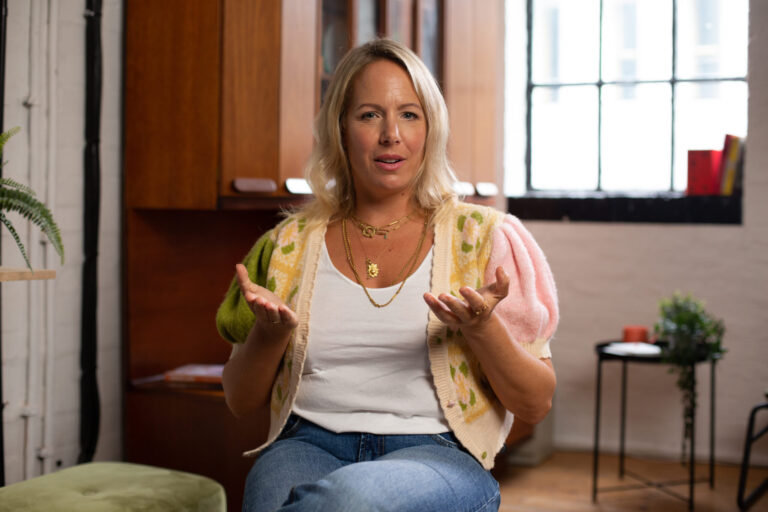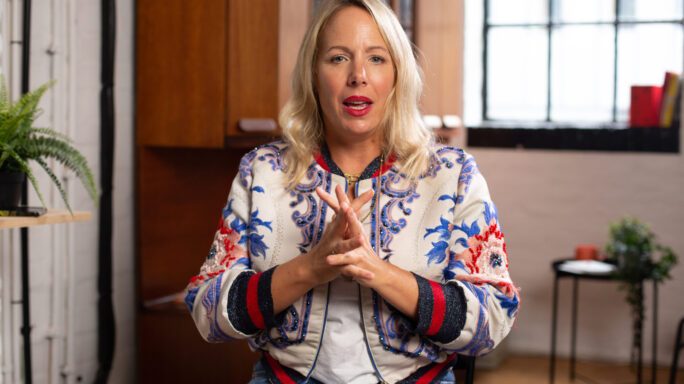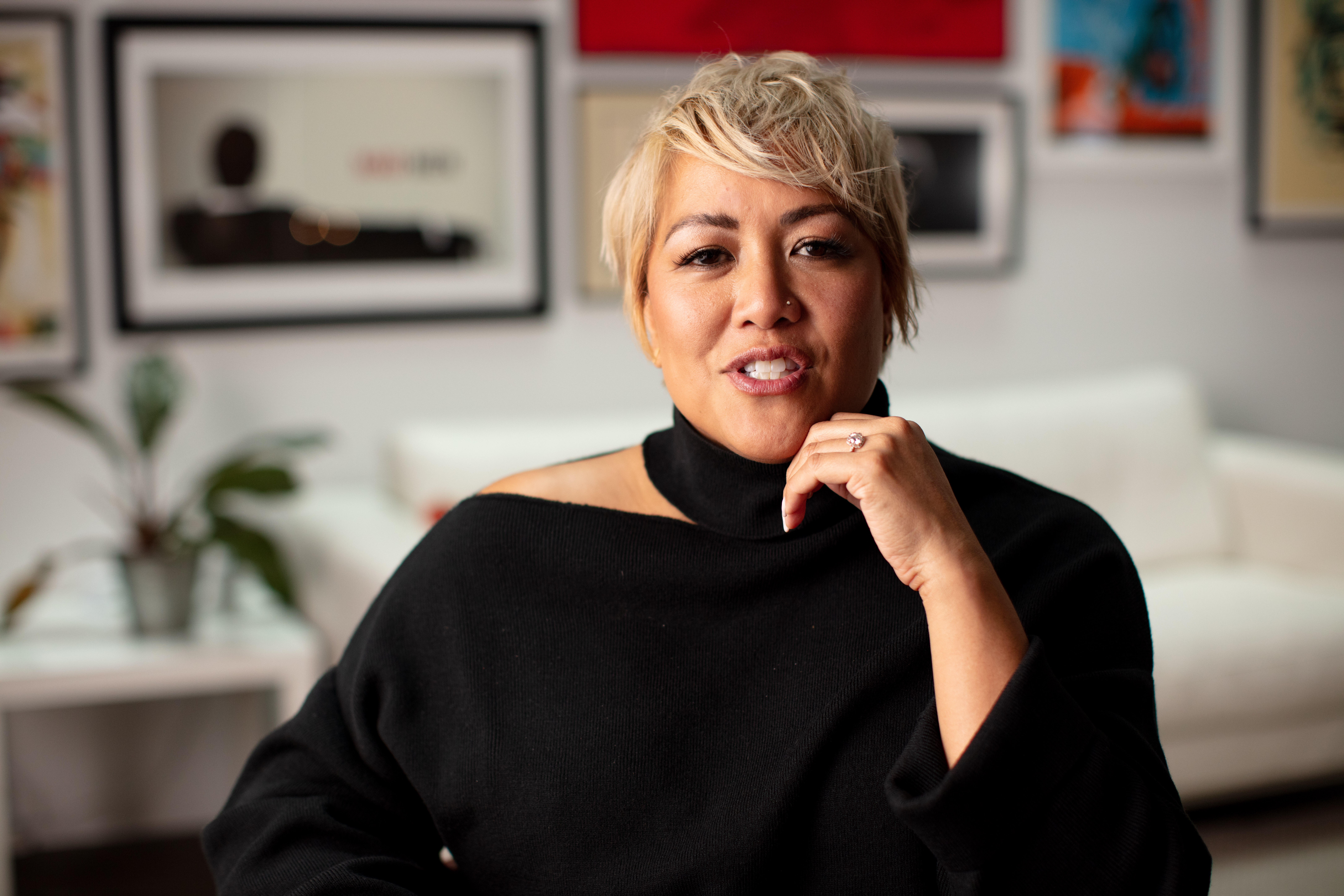Season 4: Thriving in a changing world
Thriving in a Changing World

There are several things that have helped scale our multi-award winning fine jewellery brand Chupi from a spare room to a global business. Based in Dublin, Ireland we have always set our sights on global growth, but whilst we have grown our business we knew that one of the few constants over the last 10 years has been change.
How do we thrive in a changing world?
The first job of every entrepreneur is to solve a problem for your customer. It sounds so simple, but it often gets lost in the day to day of growing a business. We all start out with a brilliant idea; a bright spark that we plan to grow into something impactful. But sometimes we are so focused on our idea and how wonderful it is, we neglect to truly investigate if it solves a problem.
Figuring out what problem your business solves and then how to provide that product or service so that your customer has their problem solved is key. The statement of what problem does your business solve should be a one line answer, something that your audience will understand and connect with.
In the early stages of my career I worked in fashion. Ostensibly we made dresses, but what we actually did was solve the problem of what our customers would wear on Friday night. You can see how changing the description of what we did from making dresses to solving the Friday night problem influenced everything we did in the business.
Over the last ten years of scaling Chupi we have undergone many changes. There is one essential annual check in that we use to ensure we are always delivering.
One of the essentials to growth is remembering that the problem you set out to solve on day one will evolve as your business grows. Every year we sit down as a senior team and ask ourselves: What problem do we solve?
When we started Chupi we made affordable luxury jewellery, pieces that were pay day treats priced from €100. It was a good business, but in 2016 as significant world events occurred in our key markets, such as Brexit in the UK, we again asked ourselves this very question, what problem do we solve?
From starting the business in 2013 the problem we were solving had changed, we were now making jewellery that marked some of the biggest moments in our customer’s lives. We could have ignored this evolution, but instead we chose to follow this change and build a solid gold jewellery business. In doing so we:
- 5x our average order value;
- 3x our revenue whilst;
- Reducing order volumes 40%
The world was changing, we could have remained the same but to thrive we needed to evolve.
The second thing is to build yourself a group of people who will support you on the journey.
Since founding Chupi we have built an excellent corporate board, but long before we had a corporate board I have been part of what is sometimes called a board you can’t afford. Essentially a group of entrepreneurs and interprepreneurs that meets quarterly where each of us presents our plans for our own business or career for the quarter along with any pressing matters.
It has been invaluable to me over the last decade as we have scaled. Every year brings its own challenges and opportunities; in an ever changing world this formal group brings insight, support and ultimately guidance. Too often as entrepreneurs we exist in our own space, as the head of our organisation we have significant responsibilities and yet we need both the appropriate support and accountability along the way.
And the third thing is to build your infrastructure not just for the business you have today, but for the business you plan to have in five years time. From your software partners like Sage to your key technology, migrating from smaller to larger platforms as you scale can be time consuming. Ensure the partners you are choosing at every stage will work for both today and tomorrow.
The most important lesson I have learnt is that the business you start will evolve, your job as a leader is to ensure you hold space for change. I hope these three steps will help you thrive in an ever changing world.





Leave a comment